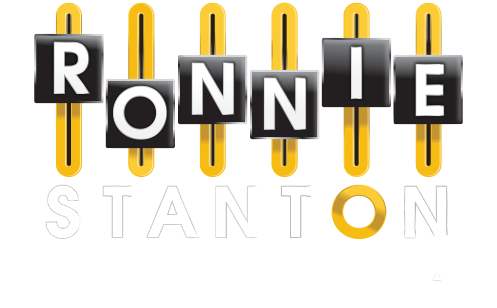No, not the hilariously incomprehensible character from the Police Academy movies and not the security guard from Pulp Fiction. The letter – Zed.
Zed is the 26th and final letter of the modern English Alphabet and the third least used (after J and Q). It appears in the Oxford dictionary only around 200 times, compared to its highly overworked vowel sibling E that is featured over 12,000 times.
Zed is Zed all over the English-speaking world except in the US – where it’s Zee. And no-one really knows why. Historically speaking, Zed has roots back to Latin and ancient Greek where much of English originated; where Zee first appeared as a dialect of English in the late 1600s some 250 years after the widespread use of Zed. It’s ubiquitous use in America has two common theories of origin.
The first, and surely the least believable due to its sad simplicity, is that Zee rhymes better with Bee, Cee, Dee etc; making the Alphabet Song easier for children to learn. The second feels more credible. During the Revolutionary War, American English speakers were seeking any way possible to distance themselves from the mother tongue of ‘the enemy’ and adopted Zee as a point of differentiation and as a show of defiance against the old.
Whatever the history, today an English speaker from anywhere in the world can instantly recognize someone from the US with the utterance of that one word.
Words, catch phrases and memorable names can set you apart from the other brands in the market – stations and shows. What are you doing that is truly remarkable? And more importantly perhaps, what are you doing that makes the remarkable content truly memorable? Nicknames, clever sign offs, twisted place names, cute sayings, silly sound effects, simple fun – repeated often – connects. And usually connects hard. Being famous for these things can be the difference maker when listeners make the emotional decision to give you their time. Invest in this small stuff – it’s important and will move your brand from A to Z.


